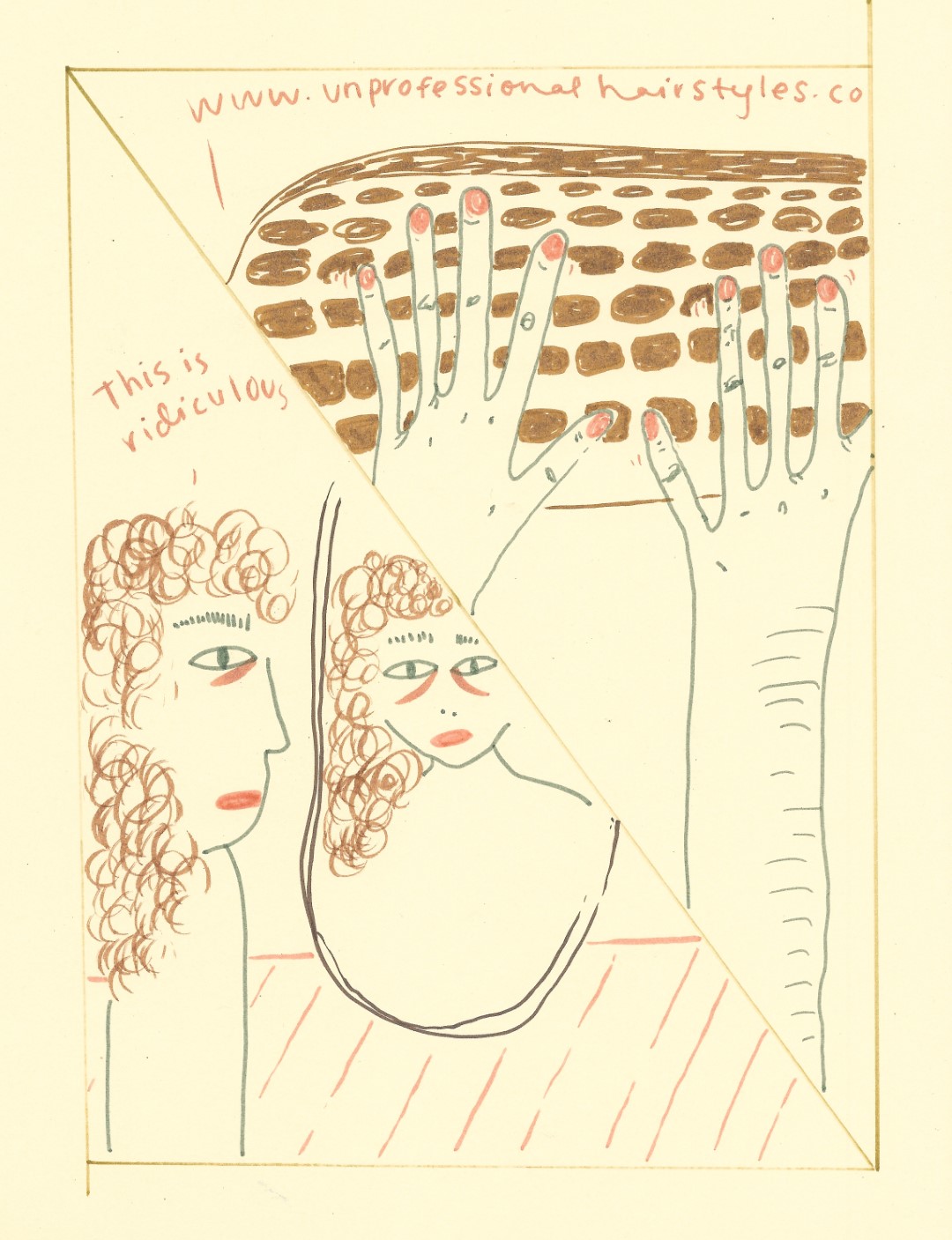
War of the words: Cultural Appropriation
By Matthew Fraser, Opinions Editor
The idea of white women avoiding having large butts was so pervasive that in 2003 Ludacris joked that he was “the new phenomenon, like white women with ass.”
For what must be the 100th time, Bruno Mars has been accused of cultural appropriation. The first time came in 2018 at the hands of one Seren Sensei, who lambasted Mars as “a karaoke singer, he’s a wedding singer, he’s the person you hire to do Michael Jackson and Prince covers.” These accusations were recently reignited in an interview with the Breakfast Club when the ever so controversial Charlamagne Tha God asked Mars what he thought of these accusations.
It’s important then to define cultural appropriation; Cambridge dictionary describes it as: “The act of taking or using things from a culture that is not your own, especially without showing that you understand or respect this culture.” However, I think a much more hard hitting and direct definition given by Andray Domise describes it as: “superimposing one’s own understandings of another culture over that actual culture, slapping a package on it, modelling it, and often selling it. Cultural appropriation is galling to those of us who come from the cultures being appropriated, especially when we face social and financial repercussions for not shedding our own cultures and assimilating into the dominant one.”
Bruno Mars has openly and consistently acknowledged the black artists who inspire him, and it is largely impossible to listen to any modern music and not come across a black influencer. However, the term cultural appropriation was meant to explain actions and thefts more narrowly by the dominant identity in a society against authentic expressions of culture.
Take for example the infamous “Google unprofessional hairstyles” controversy. In 2016 it was revealed that a Google image search of “unprofessional hairstyles” would yield mostly black people wearing hair styles natural to the texture of the hair. Afros, cornrows, and dreadlocks were deemed “unacceptable” by the wider white professional culture. This idea is so pervasive that even in the past two years multiple high school students have been forced to cut their hair to graduate or wrestle. Simultaneously, fashion designers like Marc Jacobs casually throw the very hairstyles that forfeit jobs for some black people onto the runway like a fresh new handbag. This is precisely the repercussions Domise spoke of.
And I think the fashion world is home to the most egregious of these thefts. Barely seven years after the Truth and Reconciliation Commission of Canada was formed, Canadian fashion designers DSquared2 released a line that not only appropriated indigenous tradition but had the audacity to name the line “dsquaw.” At the same time, Urban Outfitters settled with the Navajo nation after using their name without permission to market some questionable designs. In both cases, profits were made using motifs stolen from indigenous peoples.
Yet, I think the strangest and most insidious form of cultural appropriation has come from the recent change in acceptable body image and a marked change in skin tone beauty standards. Consider the 1992 intro to Sir Mix-A-Lot’s “Baby Got Back”; it begins with two white women discussing a “rap guy’s girlfriend” and it ends with one of them shouting “[her butt] it’s so big… she’s just so BLACK!” Moving along we see the 1993 episode of Seinfeld entitled “The Non-Fat Yogurt,” where Elaine looks at her behind to estimate whether she has gained weight and becomes convinced that her newly enlarged backside scared off her boyfriend. The idea of white women avoiding having large butts was so pervasive that in 2003 Ludacris joked that he was “the new phenomenon, like white women with ass.” Art imitates life to provide but a truer picture of the world than what many would admit.
Yet Kim Kardashian would open the door for non-black women to absorb and emulate black phenotypes into prosperity. As Kim K’s butt progressively grew bigger, her lips ballooned further, and her skin crept darker, it became more and more acceptable for legions of non-black women to ride these innovations to fame. The trend became so pervasive that it spawned the term “blackfishing” (a play on the term “catfishing”).
So then is cultural appropriation real? Absolutely. Does that mean that everything that is accused of being cultural appropriation is such? No, I think there are a lot of misstatements and undeserved vitriol.
READ THE ARGUMENT AGAINST THIS PIECE HERE!



